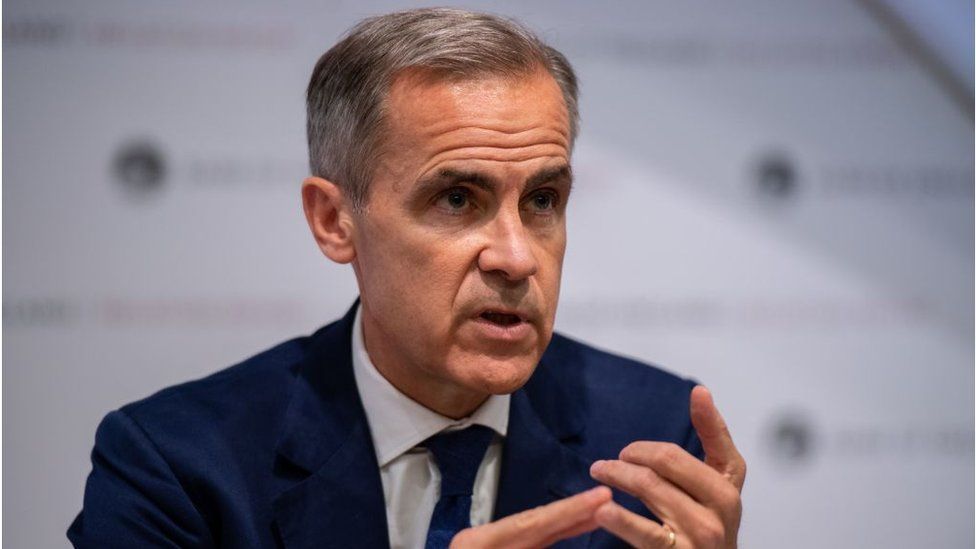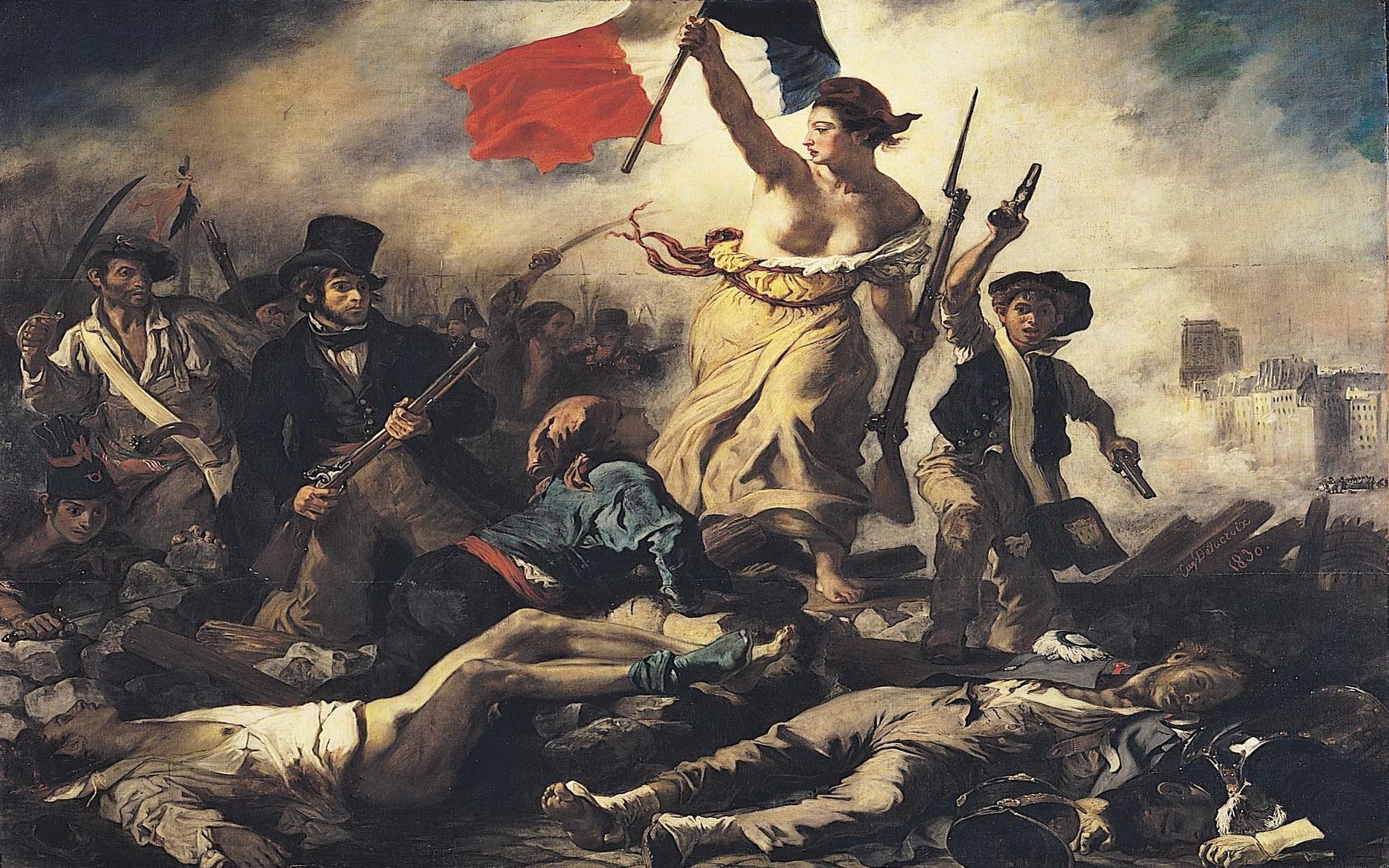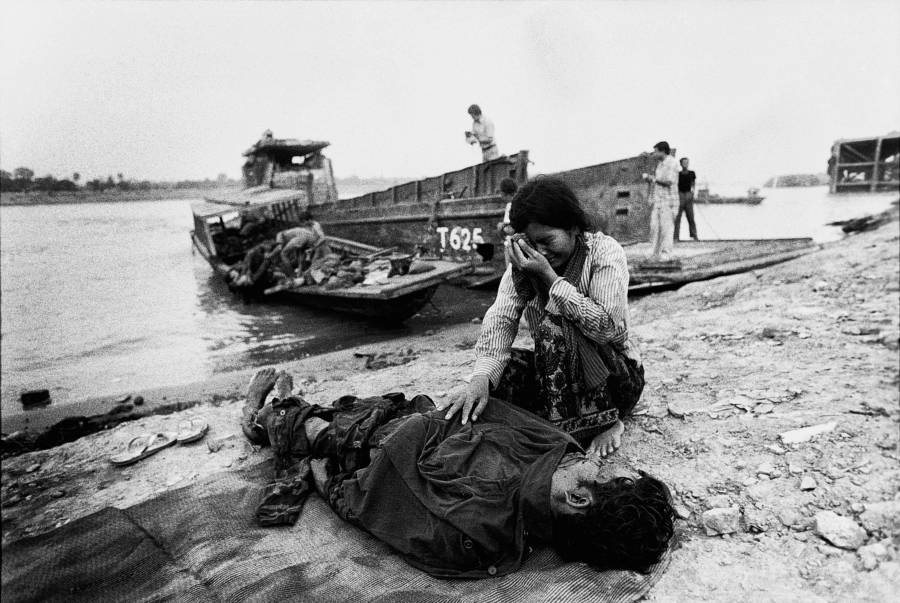 |
| Man temporarily dismounted from his white horse. |
Yesterday, we wrote a little about the chaos among the Democrats in the U.S. over their leadership. A simultaneous crisis is underway among Canadian Liberals. They have just lost one of the three to five safest Liberal seats in the country, Toronto-St. Paul’s, in a byelection. Their polling is underwater somewhere in Hudson’s Bay. What can they do?
My own local MP, Wayne Long, has just openly called for Trudeau to step down. But the Canadian system is not like the British system. The party leader must sign the nomination papers for all local candidates. That makes him or her a dictator within the party: any sign of disloyalty means the local member is out at the next election. This is very unlike the way the Westminster system is supposed to run; properly, the party leader serves at the pleasure of his or her caucus. After all, the people vote for their local members, not the prime minister. This Westminster system allowed Britain to quickly replace Chamberlain with Churchill in the crisis at the beginning of the Second World War. It could instantly solve America’s problem with Joe Biden’s senility. Losing it also loses the entire point of having debates over legislation in the House of Commons; members cannot vote their conscience. They are just expensive trained seals.
Something like the Westminster system has been revived in the Canadian Conservative Party, thanks to the efforts of Michael Chong. Without it, they would still be stuck with Erin O’Toole, instead of Pierre Poilievre, as leader,
As a result of this Liberal dictatorship, MP’s do not dare come out against the leader. Wayne Long was able to, because he is not running again in any case. And because he has an independent profile back home. Rumour has it that a majority of Liberal members actually want Trudeau to go. But they do not dare raise their hands. All they can do is vote against their own leader in a confidence vote—leading to an election in which they would be barred from running—or cross the floor and join another party.
Trudeau has no intention, it seems, of resigning. Rumour has it that he plans a cabinet shakeup to try to get the poll numbers back up. He wants to sacrifice his finance minister and deputy Prime Minister, Chrystia Freeland, scapegoating her for the taxes and rising cost of living that has queered Canadians on him. This is, interestingly, a tactic favoured by his reputed father, Fidel Castro: blame the economists for supposedly giving bad advice. Then Trudeau’s rumoured plan is to bring in Mark Carney as the new finance minister, as part of a wider cabinet shakeup. Freeland, after all, had no background in finance, business, or economics; she was a journalist. Carney has sterling credentials, literally--as in ponds sterling-- a banker and a former governor of both the Bank of Canada and Bank of England. He might calm the public and give the government credibility. Folks might believe better times were ahead, if they just stuck with the gummint.
Many have pointed out a problem with this plan. Carney has no seat in parliament. All the commentators I have heard or read seem to think this is a constitutional requirement for a cabinet appointment.
It is not.
Senators can be appointed to cabinet. Justin Trudeau can appoint senators. Pierre Trudeau, wanting cabinet representation from the Prairie provinces, and lacking any M.P.’s, appointed Hazen Argue from the Senate as minister for the Canadian Wheat Board. Appointing from the House of Lords is fairly common in Britain; David Cameron is currently serving as foreign secretary from the House of Lords.
So Trudeau could simply appoint Carney to the Senate. Problem solved.
He does not even need to do that. There is precedent for appointing a member of the general public to the Cabinet, on the understanding that they will run for election within a reasonable time. Pierre Trudeau appointed Pierre Juneau to Cabinet from outside Parliament in 1975.
Since the next election is relatively close in any event, and there is no written law on the matter, only convention, Trudeau could appoint Carney to cabinet on Carney’s public promise to run in that election.
So the Carney plan could work.
Would Carney want to do it?
Would it save the Liberals?
I think he wants it.
I don’t think it can save the Liberals.
But it may be their best shot.


























